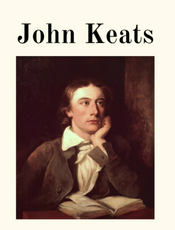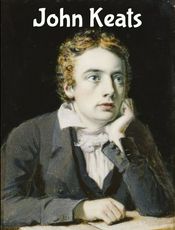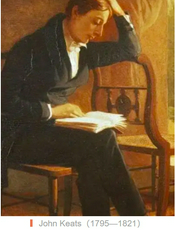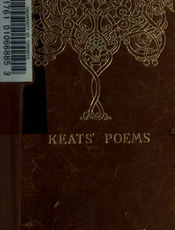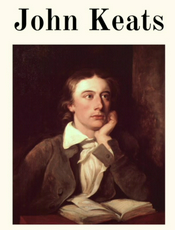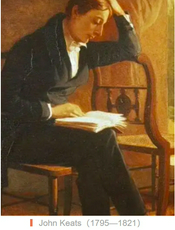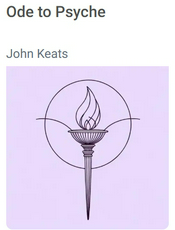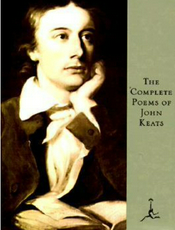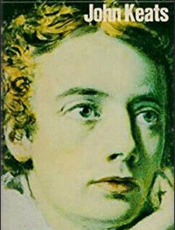-
The Royal Military Academy's Impostor Owns a Dungeon [BL]
“Unlucky” would be the nice way to describe Lucas’ luck. He wasn’t just down bad. He was practically cursed.As someone who never asked to exist, he’s had to experience medical tort... -
1816 O SOLITUDE! IF I MUST WITH THEE DWELL
"O Solitude! If I Must with Thee Dwell" (1816) by John Keats is a reflective sonnet exploring the poet's complex relationship with solitude, blending melancholy and serene acceptan... -
1816 ODE ON MELANCHOLY
"Ode on Indolence" (1816) by John Keats is a contemplative poem exploring themes of creativity, ambition, and the allure of idleness, blending introspection with vivid imagery. -
1816 THE POET A FRAGMENT
"THE POET: A FRAGMENT" is a poetic exploration of creativity and the human spirit. It delves into the fragmented nature of inspiration, capturing fleeting moments of beauty and emo... -
1816 HOW MANY BARDS GILD THE LAPSES OF TIME
A dying king questions how time’s passage can be measured, as birds symbolically tally life’s fleeting moments. Through poetic metaphors and existential musings, Andersen explores ... -
1816 LINES RHYMED IN A LETTER FROM OXFORD
"Lines Rhymed in a Letter from Oxford" (1816) is a poetic reflection by Percy Bysshe Shelley, blending personal sentiment with romantic imagery, capturing the essence of youthful i... -
1816 ODE ON INDOLENCE
"Ode on Indolence" (1816) by John Keats is a contemplative poem exploring themes of creativity, ambition, and the allure of idleness, blending introspection with vivid imagery. -
1816 ODE TO PSYCHE
"Ode to Psyche" (1816) by John Keats is a lyrical celebration of the mythical goddess Psyche, blending rich imagery and romantic devotion to explore love and the soul. -
1816 TO-WHAT CAN I DO TO DRIVE AWAY
"1816 TO-('WHAT CAN I DO TO DRIVE AWAY')" expresses the poet's struggle to escape melancholy and find solace, blending introspection with a longing for relief from persistent sorro... -
1816 TRANSLATED FROM RONSARD
"1816 TRANSLATED FROM RONSARD" is a poetic homage, reimagining Pierre de Ronsard's work, blending timeless themes of love, beauty, and transience with the Romantic era's emotional ...

![The Royal Military Academy's Impostor Owns a Dungeon [BL]](/uploads/202503/31554304608491405.png)
